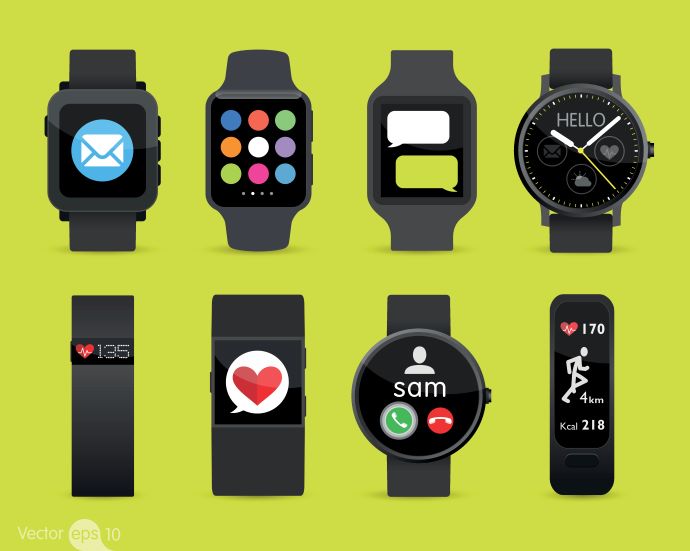Remote Patient Monitoring Program Takes Aims at Diabetes Management
UAB and UMMC collaborate to use remote patient monitoring for type 2 diabetes management.

Source: Getty Images
- In collaboration with the University of Mississippi Medical Center, the University of Alabama Birmingham (UAB) Department of Family and Community Medicine Vice Chair for Research worked to create a sustainable type 2 diabetes management program that uses remote patient monitoring (RPM) strategies.
In the United States, type 2 diabetes is a very common condition that leads to many negative health outcomes among a high number of people. According to the Centers for Disease Control and Prevention (CDC), over 37 million Americans (about 10 percent of the population) have this condition.
Deep South states have the highest type 2 diabetes rates, often due to diabetes-related cardiovascular disease and chronic kidney disease. Black Americans are oftentimes highly affected by this disease due to racial health disparities and social determinants of health.
Dubbed the Food Delivery, Remote Monitoring, and Coaching-Enhanced Education for Optimized Diabetes Management (FREEDOM), the forthcoming study will use intervention components that focus on social determinants of health. The main measurement in the study is HbA1C levels measured at baseline, at the end of the six-month intervention period, and 12 months into the study.
“Our study will leverage multi-health care system and health care system-industry partnerships to promote health equity and to improve diabetes outcomes in socially vulnerable Black adults living in the Deep South,” stated Tapan Mehta, PhD, who serves as vice chair for research at UAB Department of Family and Community Medicine.
“To our knowledge, this is the first optimization trial that brings three intervention components — health coaching, remote patient monitoring, and food box delivery — together to identify the most sustainable intervention package,” he continued. “This study is important and will inform health systems as leaders consider population health management and value-based care and pilot some of these intervention components in isolation.”
The study will initially enroll 304 Black adult patients with type 2 diabetes as well as related cardiovascular disease and chronic kidney disease. Each patient will receive a referral to diabetes self-management education and support programs and have access to one or several different interventions, including digital health coaching with an evidence-based curriculum, interactive group courses, and one-on-one virtual support. Participants will also partake in RPM containing instructions for monitoring blood glucose levels four times a day.
The healthcare industry has increasingly looked to digital solutions for chronic disease management, with an eye on diabetes.
Earlier this year, Pittsburgh-based payer Highmark Health unveiled a partnership to create a virtual care program to treat type 2 diabetes. With the inclusion of strategies such as personalized care management, RPM, and telehealth, the program set out to provide patients with a care coordinator to develop a personalized management plan encompassing medication adherence assistance, diet, and exercise. Around the same time, health insurance company Banner|Aetna began a partnership aimed at improving the health of those with type 2 diabetes in Arizona. Through a digital health app, the intervention method leveraged personalized nutrition and virtual care while remotely monitoring patient vital signs.
